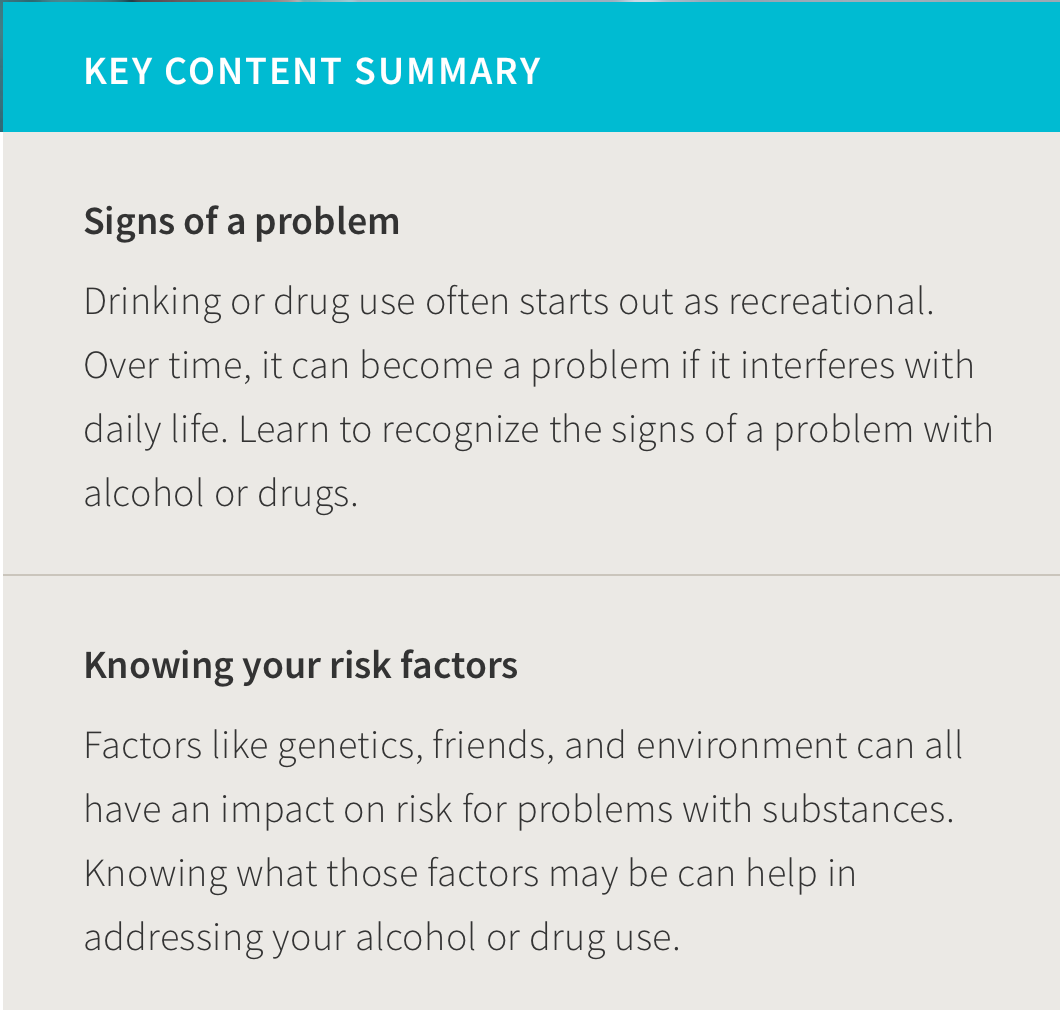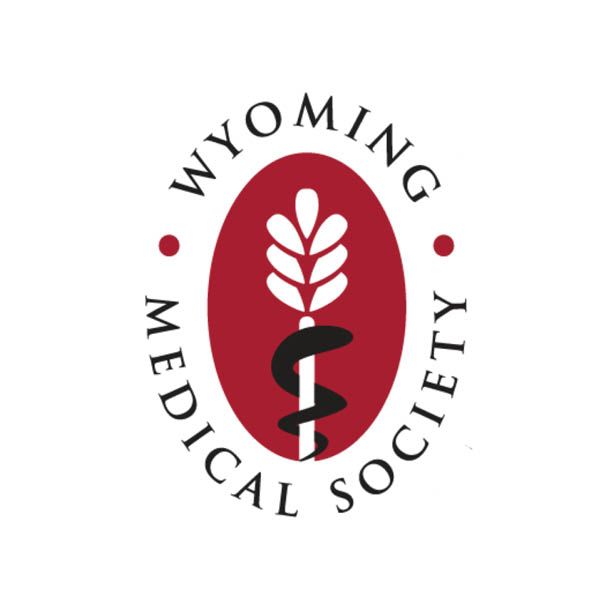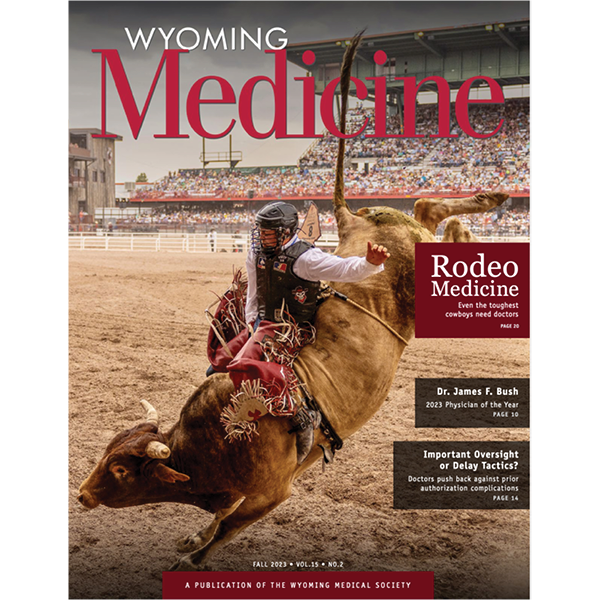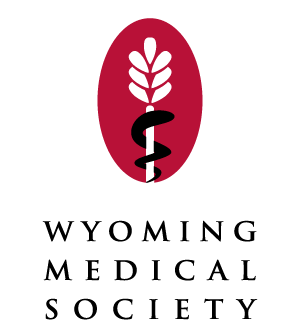
Learn to Recognize the Signs of a Drug or Alcohol Problem
Signs of a problem content provided to WMS by Start Your Recovery

Signs of a problem with alcohol
When drinking casually with friends, we may not look for or recognize signs of alcoholism. Alcohol consumption is so common that addiction and abuse can be difficult to identify, especially in ourselves. There are many ways to enjoy a healthy relationship with alcohol; it’s when drinking starts to interfere with your everyday life that there may be a problem.
Drinking may be a problem if you …
- Drink to forget something in your life or past.
- Seek out alcohol when you’re feeling down or worried.
- Can’t sleep or wake up without a drink.
- Cope with emotions by drinking.
- Have a hard time managing stress without alcohol.
- Engage in “binge drinking,” having five or more drinks on a single occasion.
- Have trouble maintaining relationships, hobbies, or activities because of your drinking habits.
- Consistently go over limits on drinking that you set for yourself.
- Find yourself in dangerous situations or experiencing thoughts of suicide because of drinking.
- Using alcohol as a tool to manage emotions or moods can seem like a good way to cope. But over time, drinking can affect the rest of your life, including your:
- Relationships
- Career
- Finances
- Physical health
- Mental health
And since our bodies are wired to seek pleasure and relief, you may find it hard to cut down on your own.
If you’re concerned about your drinking habits or you’d like to know more, a confidential self-assessment can help you figure out whether you could benefit from treatment and support.
Knowing the risk factors
Many of us drink alcohol on a regular basis, but some of us are more likely to develop problems with alcohol than others. If we’re aware of our risk factors, we can take steps to reduce the likelihood of developing an addiction.
Risk factors you need to know:
- Genetics: If someone in your family has an alcohol use disorder, you may be more likely to develop one, too.
- Age of initial alcohol use: If you started drinking when you were very young, you may have a higher risk of developing an alcohol use disorder.
- Mental health disorder: Individuals with anxiety, mood, and other psychiatric illnesses have higher rates of substance use disorders. Combined, substance misuse and mental health disorders can increase risk for suicide.
Situational factors you can control:
- Friends: When you’re surrounded by people who regularly drink heavily, it can be hard not to join in.
- Environment: Some areas of the country have higher rates of alcohol consumption than others, creating a culture of heavy drinking that can increase the risk for alcohol problems.
Signs of a problem with drug use
People use prescription or recreational drugs for a variety of reasons: out of curiosity, to relax or socialize, or because a family member or loved one also uses drugs. However, when drug use interferes with your daily life, there may be a problem. If you notice that your use, or a family member’s or friend’s use, gets in the way of sleep, relationships, work, or fulfilling responsibilities — or if it’s significantly affecting your mood — then it may be time to reach out for support. If you’re ready, taking that first step can get you on a path to recovery.
Have you noticed that you …
- Use drugs to forget something in your life or past?
- Find yourself longing for the drug or feeling strong urges?
- Experience symptoms of withdrawal — like muscle pain, nausea, or anxiety — when you don’t use?
- Act unlike yourself to get access to the drug?
- Have a hard time managing stress without using?
- Have trouble maintaining relationships, hobbies, or activities because of your drug habits?
- Consistently go over limits you set for yourself?
- Have found yourself in dangerous situations or experiencing thoughts of suicide because of your use?
Many people use drugs to cope with tough situations, and they can provide temporary relief. However, over time, using drugs can affect your work, your finances, your relationships, and your physical health — and the problem can be difficult to control on your own.
If you’re concerned about your drug use, or that of someone you care about, and you’d like more information, Mayo Clinic provides a detailed breakdown of signs and symptoms of drug use by type of substance.
Knowing the risk factors
Many people have participated in recreational drug use at some point in their lives, but some of us are more likely than others to develop problems with drugs. Some risk factors may be beyond your control, but knowing the factors that can contribute to substance use problems can empower you to take steps toward reducing your likelihood of developing an addiction.
Risk factors you need to know:
- Gender: Studies show that people of different genders use drugs in different ways. Women may develop an addiction earlier in their drug use than men.
- Genetics: If you know that someone in your family has a substance use problem, you may be more likely to develop one, too.
- Method of use: Injecting or smoking drugs like cocaine, opiates, heroin, or opioid painkillers can increase the risk of developing an addiction.
Situational factors you can control:
- Friends: When you spend a lot of time with people who regularly use drugs, you tend to adopt their habits.
- Environment: Some areas of the country have higher rates of drug use than others do, creating a culture of drug use that can increase the risk for drug-related problems.
Article source: https://startyourrecovery.org/signs
Disclaimer
This web site is provided for educational and informational purposes only and does not constitute providing medical advice or professional services. The information provided should not be used for diagnosing or treating a health problem or disease, and those seeking personal medical advice should consult with a licensed physician. Always seek the advice of your doctor or other qualified health provider regarding a medical condition. Never disregard professional medical advice or delay in seeking it because of something you have read on the Wyoming Medical Society's website. If you think you may have a medical emergency, call 911 immediately. No physician-patient relationship is created by this web site or its use. Neither WMS nor its employees, nor any contributor to this web site, makes any representations, express or implied, with respect to the information provided herein or to its use.
WyoMed Blog











